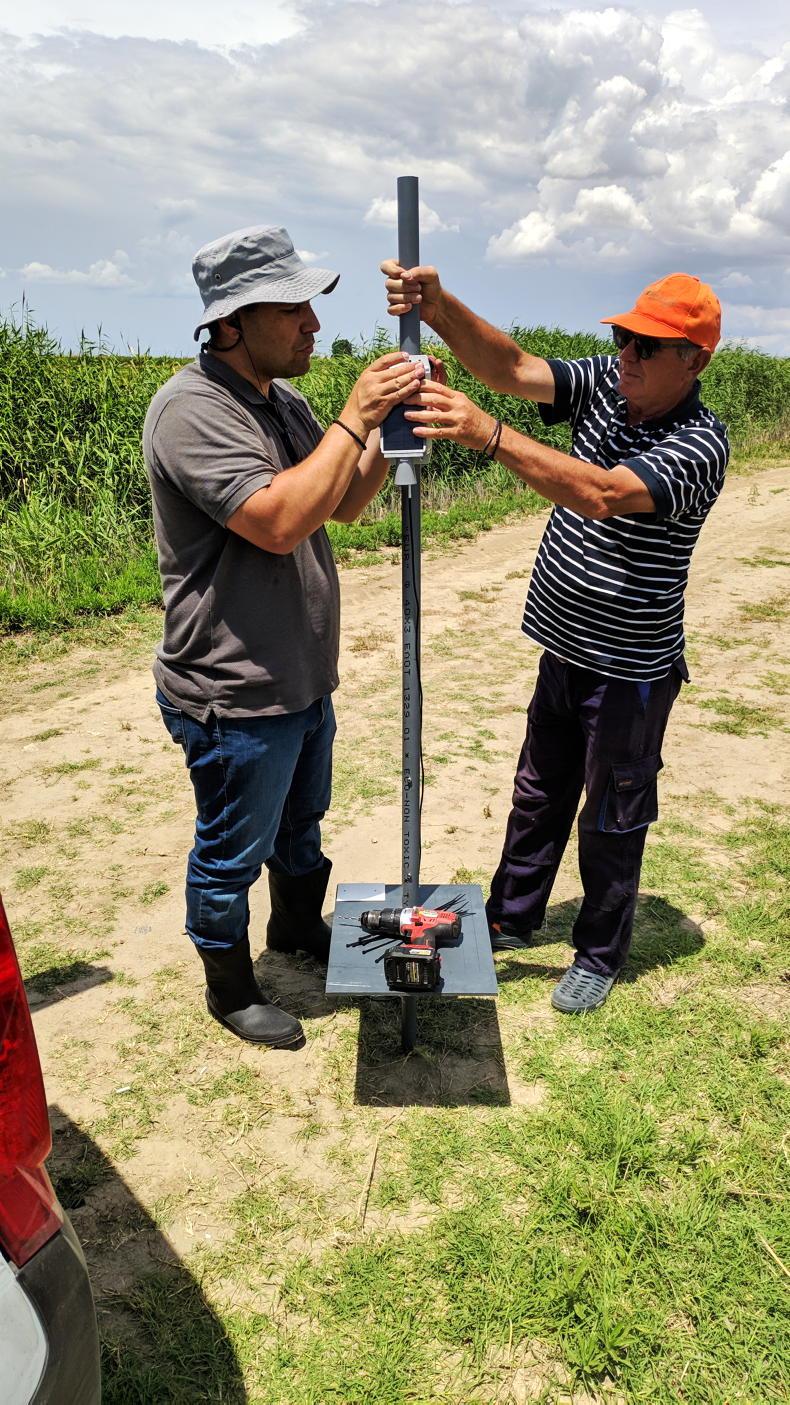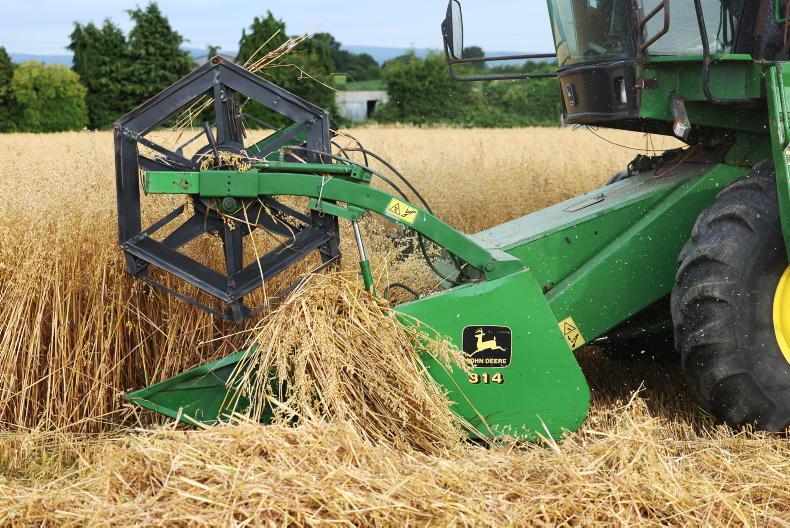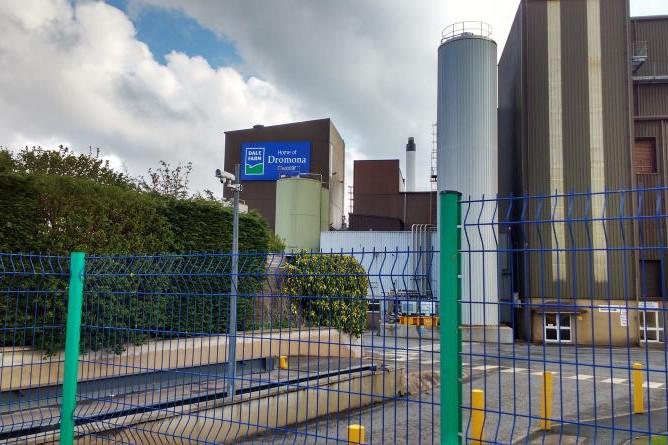Agriculture as a sector faces many challenges. Nearly 60% of farms in the EU are run by farmers aged 55 years or more (Eurostat, 2020), with young people increasingly choosing city life.
Furthermore, the sector is tackling sustainability, addressing climate change and biodiversity issues.
Smart farming technology (SFT) can play a crucial role in increasing agricultural sustainability across the three pillars: economic, social and environmental.
Increased productivity, improved food security, a reduction in the use of pesticides and fertilisers and a better work-life balance are just some of the benefits cited by farmers who have adopted such technologies.
There are several factors that affect the decision to adopt SFT. Unsurprisingly, cost is a significant barrier to adoption, both related to the initial investment and the ongoing servicing of technology.
The issue of cost is often related to farm size as those categorised as having a larger farm size have more access to capital and a higher borrowing capacity than the smaller-scale farmer.
This raises the importance of having adequate tax incentives and Government subsidies to further encourage farmers to consider using SFT.
Farmers are also worried about the technology becoming outdated, being tied into a particular vendor and syncing issues between different technologies.
Scepticism about the value of implementation, return on investment and data privacy issues are also influencing the adoption rate.
Education and training are key to encouraging more farmers to adopt SFT. Those with a lower level of education are less likely to adopt technology which is linked to not having adequate knowledge and the confidence to deploy. An additional challenge for farmers is to create meaningful information from the data generated by SFT.

Farmers using smart irrigation technology in the EU-funded project, DEMETER.
Specialised training from vendors and other farmers, demonstrating how to use particular technologies and how to understand the data is an important step in driving SFT use.
The research also tells us that there is a relationship between age and adoption of SFT. Young farmers have a higher probability of being interested in technology and adopting it, while older farmers are less interested and thus less likely to adopt SFT.
New generations of farmers are learning about precision agriculture and SFT from an early stage. Therefore, if we can continue to merge their passion of farming with technology, it can be a positive step towards ensuring the resilience of the agriculture sector in the 21st century.
Researcher at South East Technological University (SETU) and Macra Skillnet Steering committee member Grainne Dilleen is conducting a PhD to further examine the factors influencing SFT adoption. She is looking for farmers, regardless of farm size, farm type or level of technology use, to complete her survey. It should take approximately 10 minutes and all information will be stored and analysed anonymously.
Please click here to start the survey. Email grainne.dilleen@postgrad.wit.ie with any queries.
Agriculture as a sector faces many challenges. Nearly 60% of farms in the EU are run by farmers aged 55 years or more (Eurostat, 2020), with young people increasingly choosing city life.
Furthermore, the sector is tackling sustainability, addressing climate change and biodiversity issues.
Smart farming technology (SFT) can play a crucial role in increasing agricultural sustainability across the three pillars: economic, social and environmental.
Increased productivity, improved food security, a reduction in the use of pesticides and fertilisers and a better work-life balance are just some of the benefits cited by farmers who have adopted such technologies.
There are several factors that affect the decision to adopt SFT. Unsurprisingly, cost is a significant barrier to adoption, both related to the initial investment and the ongoing servicing of technology.
The issue of cost is often related to farm size as those categorised as having a larger farm size have more access to capital and a higher borrowing capacity than the smaller-scale farmer.
This raises the importance of having adequate tax incentives and Government subsidies to further encourage farmers to consider using SFT.
Farmers are also worried about the technology becoming outdated, being tied into a particular vendor and syncing issues between different technologies.
Scepticism about the value of implementation, return on investment and data privacy issues are also influencing the adoption rate.
Education and training are key to encouraging more farmers to adopt SFT. Those with a lower level of education are less likely to adopt technology which is linked to not having adequate knowledge and the confidence to deploy. An additional challenge for farmers is to create meaningful information from the data generated by SFT.

Farmers using smart irrigation technology in the EU-funded project, DEMETER.
Specialised training from vendors and other farmers, demonstrating how to use particular technologies and how to understand the data is an important step in driving SFT use.
The research also tells us that there is a relationship between age and adoption of SFT. Young farmers have a higher probability of being interested in technology and adopting it, while older farmers are less interested and thus less likely to adopt SFT.
New generations of farmers are learning about precision agriculture and SFT from an early stage. Therefore, if we can continue to merge their passion of farming with technology, it can be a positive step towards ensuring the resilience of the agriculture sector in the 21st century.
Researcher at South East Technological University (SETU) and Macra Skillnet Steering committee member Grainne Dilleen is conducting a PhD to further examine the factors influencing SFT adoption. She is looking for farmers, regardless of farm size, farm type or level of technology use, to complete her survey. It should take approximately 10 minutes and all information will be stored and analysed anonymously.
Please click here to start the survey. Email grainne.dilleen@postgrad.wit.ie with any queries. 









SHARING OPTIONS